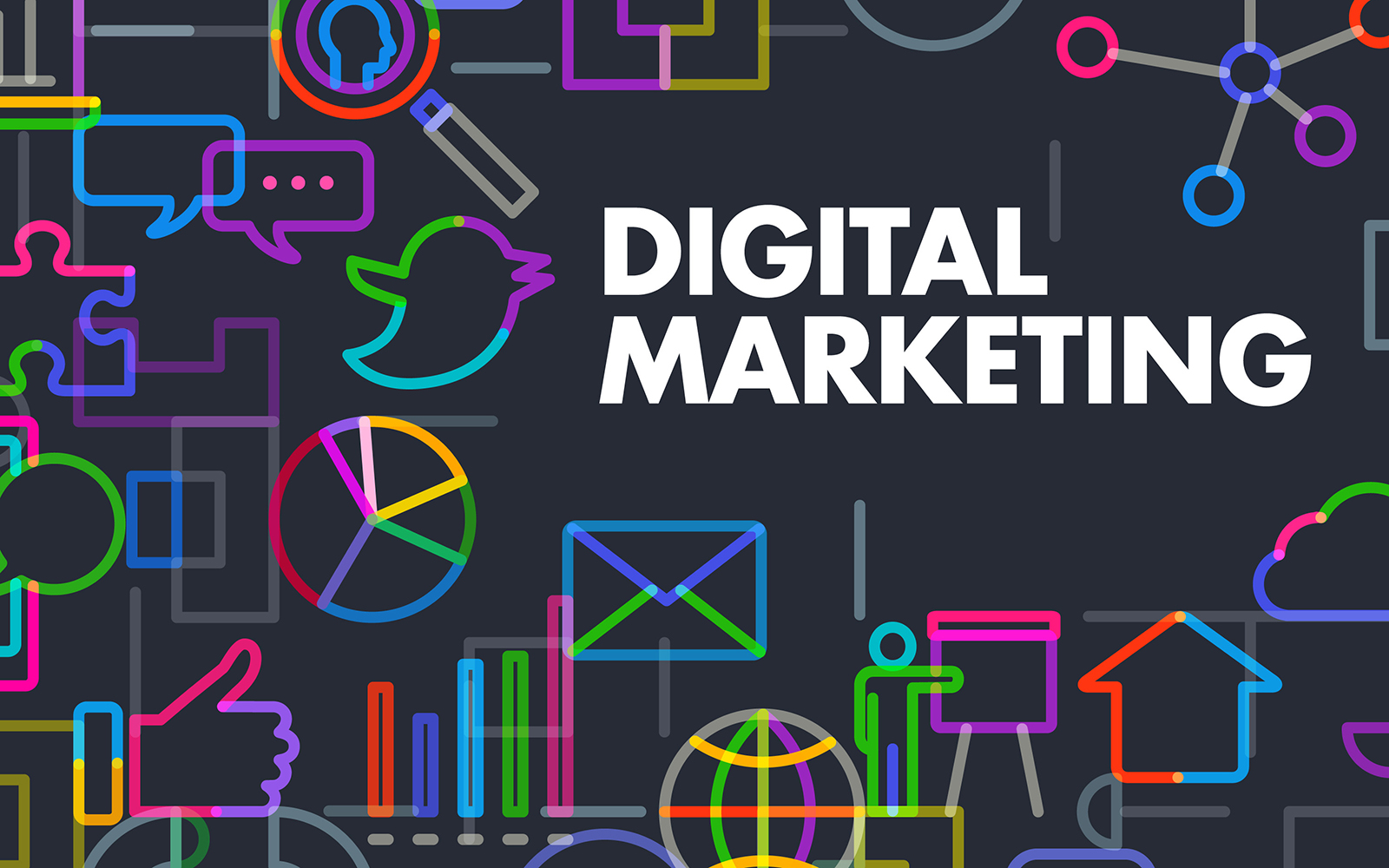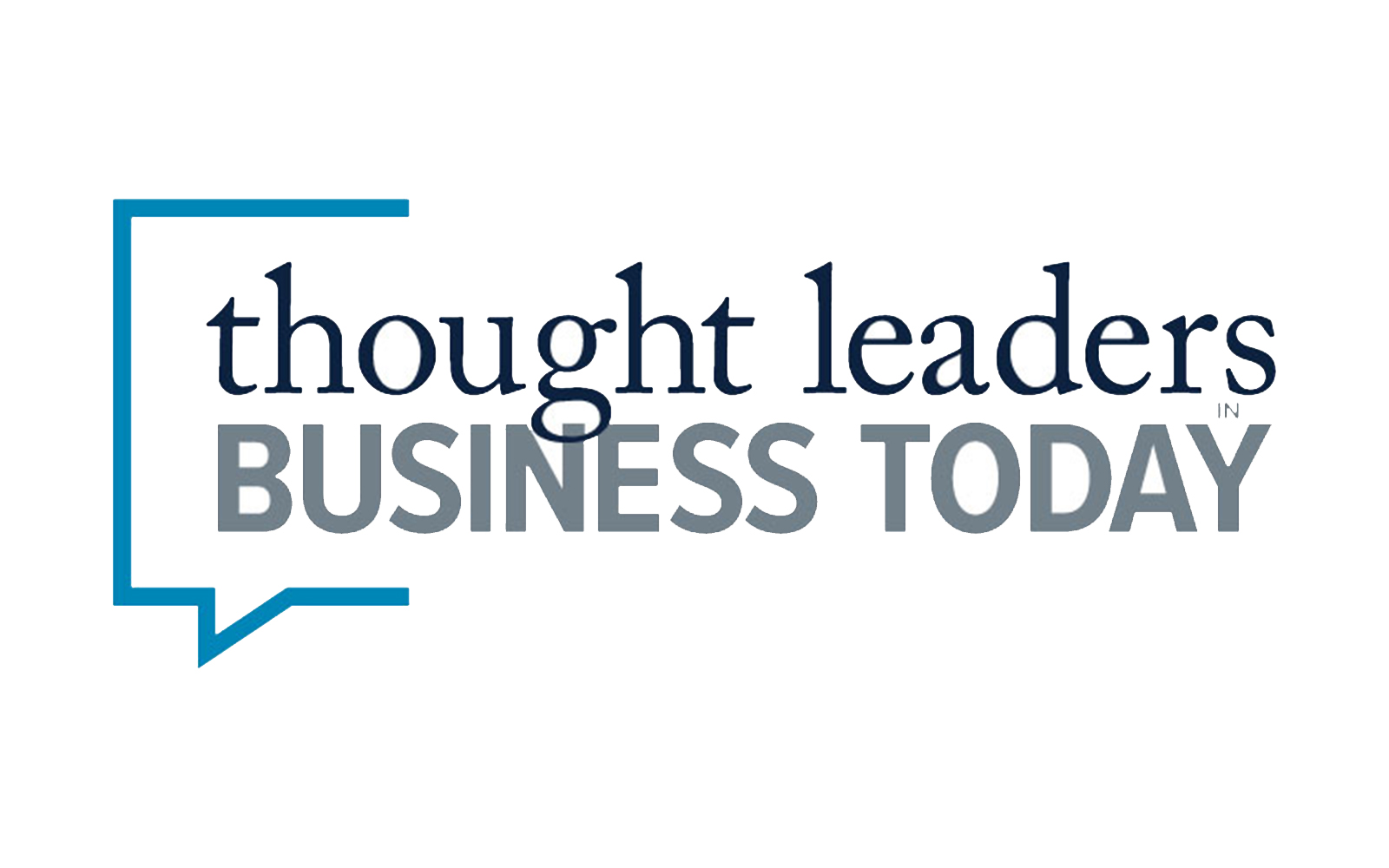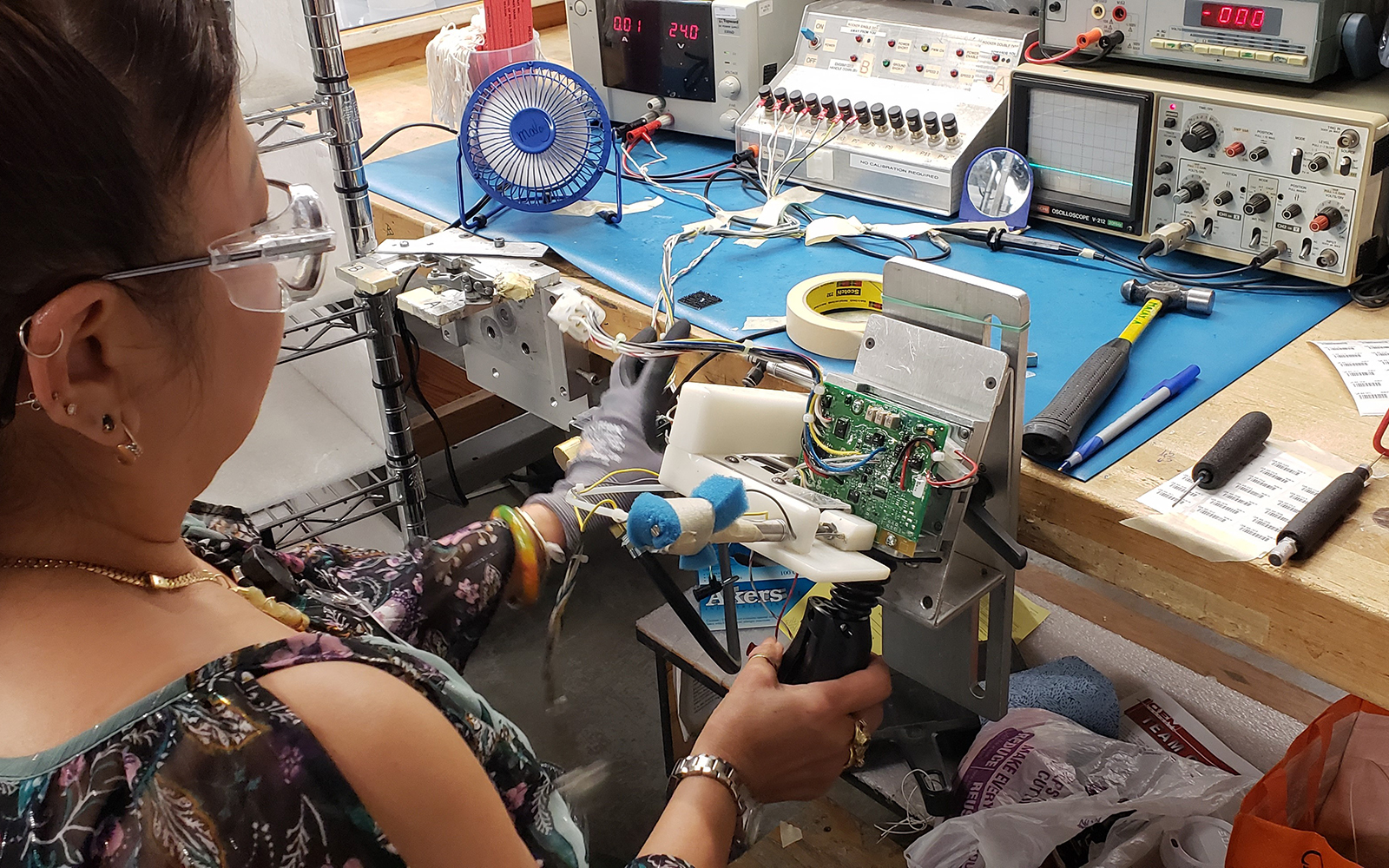
Social media is the new equivalent of “word of mouth” advertising, and in the United States alone, corporate social media spending is projected to exceed $17 billion by 2019.Continue Reading

Social media is the new equivalent of “word of mouth” advertising, and in the United States alone, corporate social media spending is projected to exceed $17 billion by 2019.Continue Reading
Information Management Association – On October 16th the OPIM Department hosted an event to get more people involved in Management Information Systems (MIS).
Information Management Association – On Friday October 5th, the Operations and Information Management (OPIM) Department held its annual Management Information Systems (MIS) Case Competition.

Editor’s Note: Junau Boucard completed the NYC Marathon on Sunday in 4 hours, 29 minutes and 54 seconds. Heartfelt congratulations, Junau, from UConn Nation!
During the grueling, 26.2-mile New York City Marathon in November, Junau Boucard, a second-year UConn MBA student, will have plenty of time to think.Continue Reading

Increased awareness about certain types of cybersecurity breaches leads companies to make improvements, according to a new international study by a University of Connecticut researcher and her counterparts.

Four UConn alumni, high-ranking executives from Anthem and Electric Boat, and professors with ties to Harvard and Yale are among the 14 new faculty joining the UConn School of Business this fall.Continue Reading

For the last seven years or so, we have been on the brink of the next Industrial Revolution: the introduction of artificial intelligence as a major driver in the manufacturing industry.Continue Reading

Associate Dean Sulin Ba and Arminda Kamphausen, associate director of UConn’s Center for International Business Education and Research (CIBER), recently visited Samuel R.N. Simons ’95 EMBA at his company, OEM Controls in Shelton, Conn. Simons is the newest member of CIBER’s Advisory Council. Continue Reading